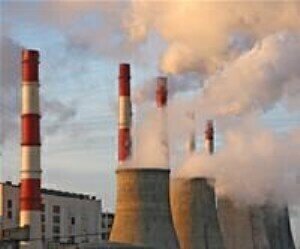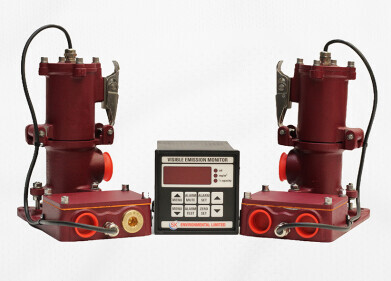Air Monitoring
Climate Accord Loopholes Could Spell 4.2 ºc Rise in Temperature and End of Coral Reefs by 2100
Nov 10 2010
A global temperature increase of up to 4.2 º C and the end of coral reefs could become reality by 2100 if national targets are not revised in the Copenhagen Accord, the international pledge which was agreed at last year’s Copenhagen’s COP15 climate change conference.
A new report in IOP Publishing’s Environmental Research Letters describes how, due to lack of global action to date, only a small chance remains for keeping the global temperature increase down to 2 º C as set as a target in the Accord.ooking at individual countries’ agreed targets for emission levels, the report shows that many developed countries such as the USA and the European Union have set their aims very low, aiming at reaching emission levels just a few percent lower than 1990 levels by 2020. Only Japan and Norway are aiming to drastically reduce their emission to 25% and 30 to 40% below 1990 levels respectively.
Presenting their results in Environmental Research Letters, a group of international researchers from seven European research centres, has also found that even if nations would agree to a 50% reduction of emission levels by 2050 – a target that strong international agreements would greatly facilitate – there would still only be a less than 50% chance to keep global warming below 2 º C.
Rising global temperature levels would not be the only consequence of failing to raise the ambition level of future global emission reductions. Increasing ocean acidification, a direct result of growing atmospheric CO2 levels, could lead to a rapid decline of coral reefs and the marine ecosystem in the 21st century.
As the researchers write, urgent action is necessary, “It is clear from this analysis that higher ambitions for 2020 are necessary to keep the options for 2 º C and 1.5 º C open without relying on potentially infeasible reduction rates after 2020.
“In addition, the absence of a mid-century emission goal – towards which Parties as a whole can work and which serve as a yardstick of whether interim reductions by 2020 and 2030 are on the right track – is a critical deficit in the overall ambition level of the Copenhagen Accord.”
Professor Dan Kammen, Editor-in-Chief Environmental Research Letters said, “The researchers provide an important lens on the ecological impacts and both social and ecological costs of inaction on climate protection.”
Digital Edition
IET 34.2 March 2024
April 2024
Gas Detection - Biogas batch fermentation system for laboratory use with automatic gas analysis in real time Water/Wastewater - Upcycling sensors for sustainable nature management - Prist...
View all digital editions
Events
May 03 2024 Seoul, South Korea
May 05 2024 Seville, Spain
May 06 2024 Minneapolis, MN, USA
May 13 2024 Munich, Germany
May 15 2024 Lund, Sweden


















